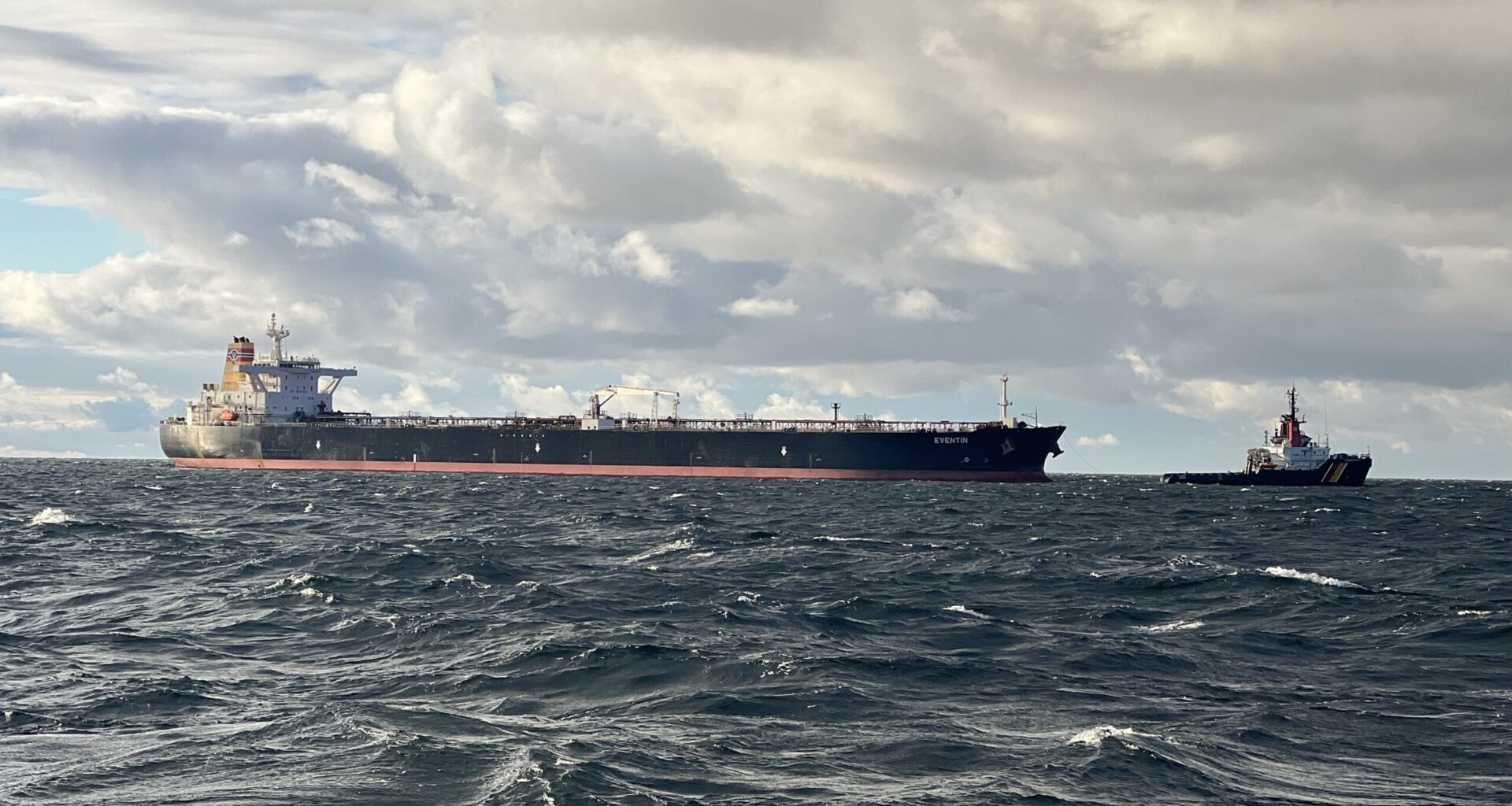EU’s shadow fleet crackdown expands to 557 vessels with latest sanctions package as Western allies tighten the noose on Russia’s energy sector.
The European Union has adopted its 19th package of sanctions against Russia, imposing what officials describe as the strongest measures yet on Russia’s energy sector while significantly expanding restrictions on the country’s shadow fleet operations.
The European Commission announced the package targets key sectors including energy, finance, the military industrial base, and special economic zones. “The new package of sanctions substantially increases the pressure on the Russian war economy,” the Commission stated.
The sanctions include a total ban on Russian Liquefied Natural Gas starting January 1, 2027 for long-term contracts, with short-term contracts prohibited within six months of the sanctions’ entry into force. The EU also imposed full transaction bans on major companies Rosneft and Gazprom Neft, eliminating previous exemptions for their oil and gas imports into the EU.
The package further adds 117 vessels to the EU’s list of Russia’s shadow fleet, bringing the total number of listed vessels to 557. These vessels are now subject to port access bans and prohibitions on receiving services.
Beyond vessel listings, the EU targeted the shadow fleet’s operational infrastructure. Sanctions now cover Litasco Middle East DMCC, described as “Lukoil’s prominent shadow fleet enabler based in the UA,” along with maritime registries providing false flags to shadow fleet vessels. Two oil trading companies in Hong Kong and the United Arab Emirates were also added to the transaction ban scope.
The sanctions package introduces unprecedented measures in the financial sector, marking the first time the EU has directly targeted cryptocurrency infrastructure. The measures impose sanctions on the developer of a widely used rouble-backed stablecoin, its Kyrgyz issuer, and a related trading platform, while prohibiting the use of that cryptocurrency. A cryptocurrency exchange in Paraguay that played a key role in circumventing existing restrictions was also sanctioned.
Five Russian banks and five third-country banks in Central Asia face new transaction bans. The package also bans Russia’s Mir and SBP payment systems and lists four financial institutions in Belarus and Kazakhstan using the Russian payments system SPFS.
The EU sanctioned Chinese entities involved in Russia’s oil trade, including two refineries and an oil trader identified as significant buyers of Russian crude oil. The package adds 45 entities to the list of those providing support to Russia’s military industrial complex or engaged in sanctions circumvention, including 28 in Russia and 17 in third countries—12 in China, 3 in India, and 2 in Thailand.
The package contains 69 additional individual listings subject to asset freezes and travel bans, including oligarchs, Russian energy companies, a large Russian company involved in gold production, and entities managing the shadow fleet.
The EU action follows recent moves by Western allies. Yesterday, Oct. 22, the U.S. Department of the Treasury imposed sanctions on Rosneft and Lukoil, marking the first major sanctions against Russia under the current Trump Administration.
Secretary of the Treasury Scott Bessent stated, “Given President Putin’s refusal to end this senseless war, Treasury is sanctioning Russia’s two largest oil companies that fund the Kremlin’s war machine.”
Last week, the U.K. announced 90 new sanctions targeting Russia’s energy sector on October 15, directly hitting Rosneft and Lukoil. Together, these two Russian oil giants export 3.1 million barrels of oil per day, with Rosneft alone responsible for 6% of global oil production and nearly half of all Russian oil production.
The EU sanctions also target Russia’s Special Economic Zones, prohibiting new contracts with entities in certain zones. Two zones—Alabuga and Technopolis Moscow—face bans on existing contracts due to their documented focus on activities contributing to the war effort.
Additional measures introduce service bans blocking Russian access to advanced digital capabilities in the EU, including space-based services and AI services. The package also introduces requirements for Russian diplomats traveling across the EU beyond their country of accreditation to inform relevant member states in advance.
The sanctions mirror certain provisions in the Belarus sanctions regime, with five new listings related to the Belarusian military-industrial complex and the Lukashenka regime.

Subscribe for Daily Maritime Insights
Sign up for gCaptain’s newsletter and never miss an update
— trusted by our 107,196 members
